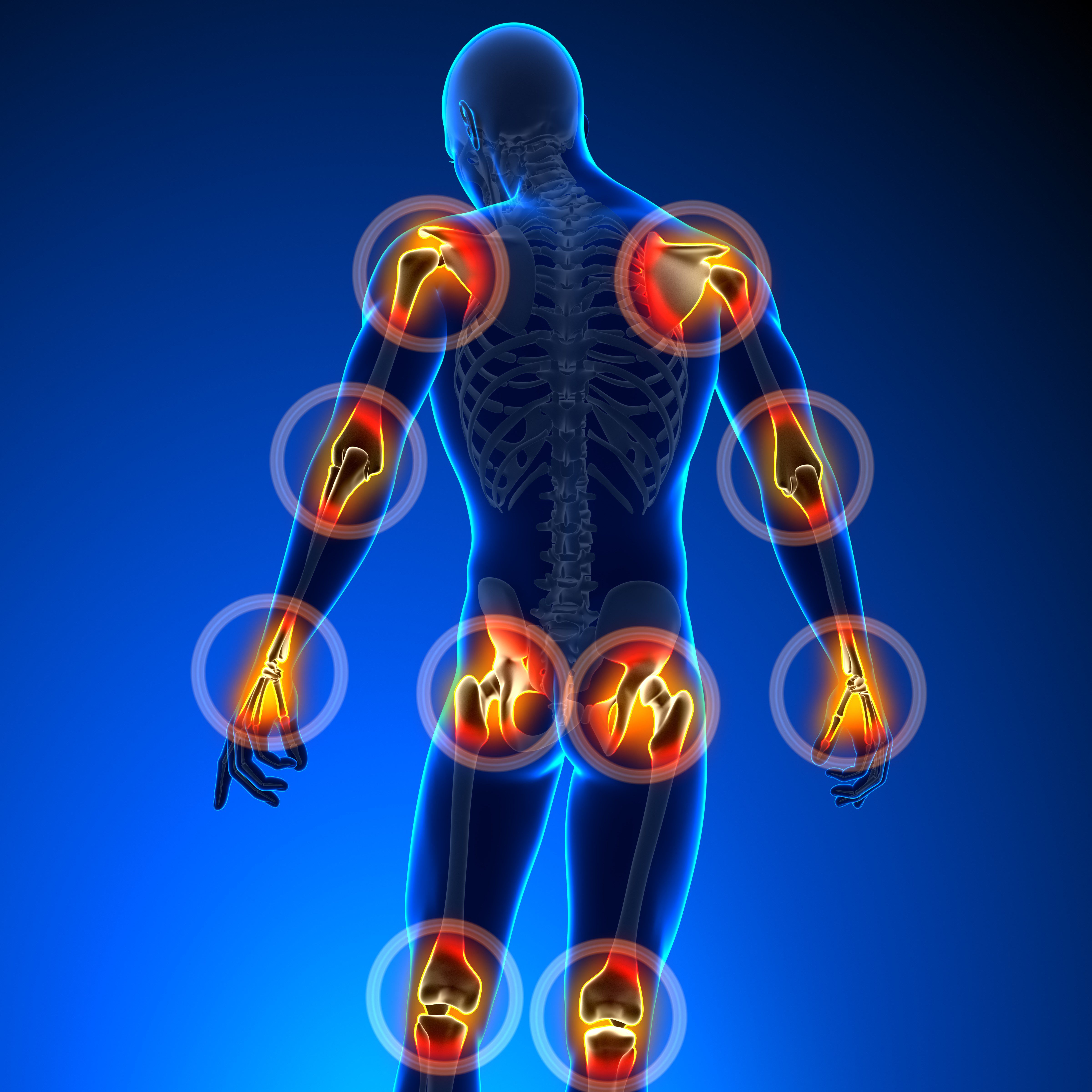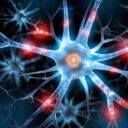POST COVID ISSUES
Understanding Long-Term Effects and Recovery
Commonly referred to as "long COVID" or "post-COVID syndrome," these post-recovery symptoms are shedding light on the complexities of the virus and its impact on various body systems.
Understanding these issues is crucial for both affected individuals and healthcare providers as they work together towards recovery.


The Immune System's Role
The immune system's primary role is to recognize and eliminate foreign invaders, such as bacteria and viruses. In autoimmune disorders, this complex system malfunctions, identifying the body's own tissues and cells as threats and triggering an immune response against them.


Understanding the Mechanisms
The exact mechanisms behind long COVID are still being investigated, but possible factors include viral persistence, immune system dysregulation, and inflammation. COVID-19 can trigger an excessive immune response, potentially leading to tissue damage and long-term effects in various organs.
Diagnosis and Management
Diagnosing and managing post-COVID issues require a comprehensive approach:
- Medical Evaluation: Individuals experiencing persistent symptoms after COVID-19 should undergo a thorough medical evaluation to rule out other underlying conditions.
- Multidisciplinary Care: A team of healthcare professionals, including primary care physicians, specialists, and mental health experts, can provide holistic care tailored to each individual's needs.
- Symptom Management: Treatment plans may involve addressing specific symptoms, such as pulmonary rehabilitation for breathing issues or physical therapy for muscle weakness.
- Rest and Gradual Activity: Balancing rest with gentle and gradual physical activity can aid recovery without exacerbating symptoms.
- Psychological Support: Addressing the psychological impact of post-COVID issues through counseling and therapy is essential for overall well-being.
Accelerate Outlook


Satisfied Patients
For Almost 50 Years











